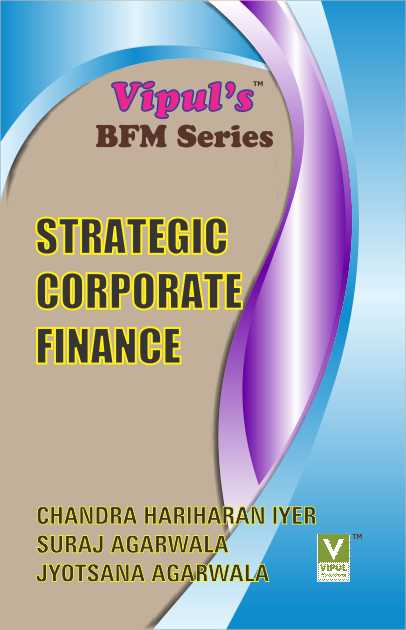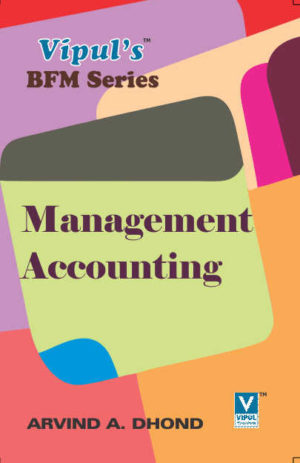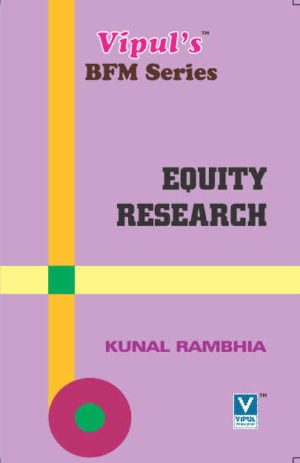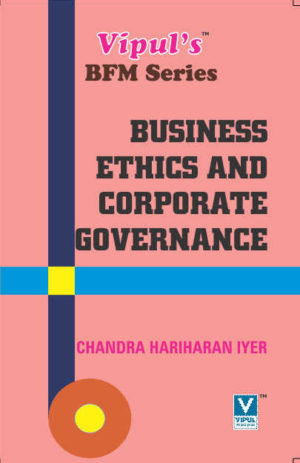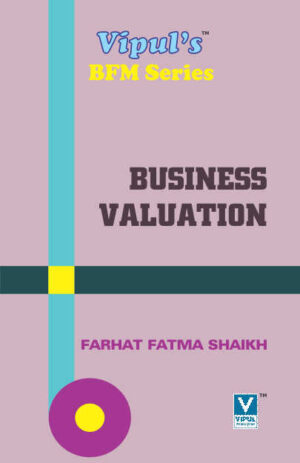Strategic Corporate Finance
₹180.00
TYBFM — SEMESTER – VI
Author: Chandra Iyer
Suraj Agarwala
Jyotsana Agarwala
Description
SYLLABUS
(1) Strategic Corporate Finance:
- Introduction to Strategic Corporate Finance: Strategy Vs. Planning, Significance of Strategy in Financial Decisions, Different Types of Financial Strategy for Shareholders, Wealth Maximization, Overall Corporate Value Addition and Economics Value Addition.
- Strategic Cost Management: Traditional Costing Vs. Strategic Costing, Relevant costs Vs Irrelevant costs, Different Types of Strategic costing and their relevance- Traditional Costing Vs Activity Based Costing, Target Costing, Life Cycle Costing, Quality Costing, Zero Based Budgeting, Strategic Cost Reduction Techniques and value chain analysis.
(2) Fundraising:
- Fundraising: Identification of different sources of capital, determination of capital structure and factors affecting the capital structure, cost of capital and cost saving strategy, production of a business plan, and financial forecasts to enable potential funders to assess the proposition.
- Alternate Sources of Financing- Different Approaches to and moels of Infrastructure Projects Financing- Public Private Partnership (PPP) and its relevance,
- Dividend Vs Share Repurchase Policy, Problem of too much cash, Issue of Stock Liquidity and Illiquidity.
(3) Company Valuation:
- Company Valuation: An Overview of Valuation, Valuation Principles and Practices more, the impact of “what if” scenarios, the key financial and commercial factors affecting the business, Value enhancement tools & techniques, the link between valuation and corporate finance.
- Management Buyouts: Establishing feasibility of the buy-out, Negotiating the main terms of the transaction with the vendor including price and structure, developing the business plan funders, negotiations with potential funders so that the most appropriate funding offers are selected.
- Management Buy-ins: Management Buy-in/Buy-outs, Vendor-initiated buy-outs/buy-ins.
- Due Diligence: Finance due diligence for both purchasers and financial institutions.
(4) Credit Risk Management:
- Credit analysis, Default risk: Quantitative methodologies
- Expected and unexpected loss, Credit VaR, Counterparty risk
- Risk management choices, such as process control efforts, financial, physical, and operational hedging, value based management


